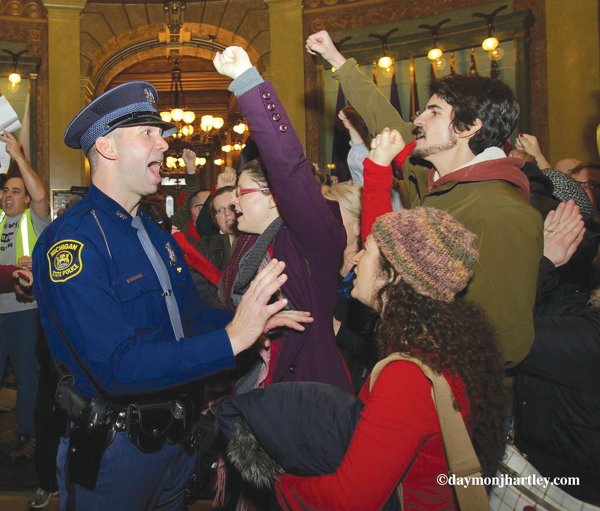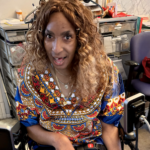
OAKLAND, CA—In May 2012, The U.S. Courts of Women on Poverty, Western Region, held the first United States’ court in Oakland, California. Since then, participant organizations such as the Women’s Economic Agenda Project (WEAP) has met with community members to discuss how the passage of the Affordable Care Act (ACA) will affect the increasingly dire poverty and healthcare.
In Merced, a Vietnam War veteran who relies on V.A. benefits is desperate about his inability to help his wife. She has no health insurance and he worries that healthcare will still be out of reach financially with ACA.
In Oakland, a woman with glaucoma and in a wheelchair since childhood, testifies, “My (eye) Medicaid doctor can no longer see me because my HMO will no longer pay with ACA.” The heat is on. She can’t afford to pay $400 for the medication she takes and without it she could go blind. “Eye doctors are very hard to find,” she notes, “especially those not afraid of working with people disabled like me.”
While great hopes exist that ACA will meet Californian’s needs, leaders in health reform say the program falls far short of “Medicare for All” and is not likely to lead there. It will leave an estimated 26 million or more Americans uninsured, including those without sufficient documents to prove citizenship, and will leave many more underinsured.
“ACA accelerates the corporate takeover of medicine,” summarized a presenter. “We face a restructuring of healthcare that leaves private insurers in charge, and those insurers have become a giant tool for investment capital rather than caring about the people they insure.”
A young Sacramento doctor noted that forcing people into the current healthcare system will solve neither the doctor shortage nor the corporatization of care. Both already limit her ability to care. “Universal healthcare is a human right, not a privilege or a profit margin,” another activist noted. “But in America, capitalism, through schemes like ACA, make healthcare an individual issue. We need to shift away from this unstable, unsustainable path.”
The “Resolution on Healthcare for the 99%” passed by the US Courts of Women on Poverty, noted, “One of the largest reasons for bankruptcy is health care and medical debt.” Participants further resolved that poverty and healthy living conditions must be at the forefront of the fight to reform healthcare, and called for the federal government to enact “an immediate transition to a single-payer system.” They called on the government to “provide free, comprehensive, equal care for all … with being human as the only precondition to be eligible.”
Teach-ins like these allow communities to understand the flaws of our faltering system and create a foundation to establish real change. “This economic system is making the rich richer and the poor a lot poorer,” noted one Medicaid recipient. “People will try to put you out of sight, out of mind, but if we keep letting them get away with this they win . . . I’m not going out without a good hard fight.”

